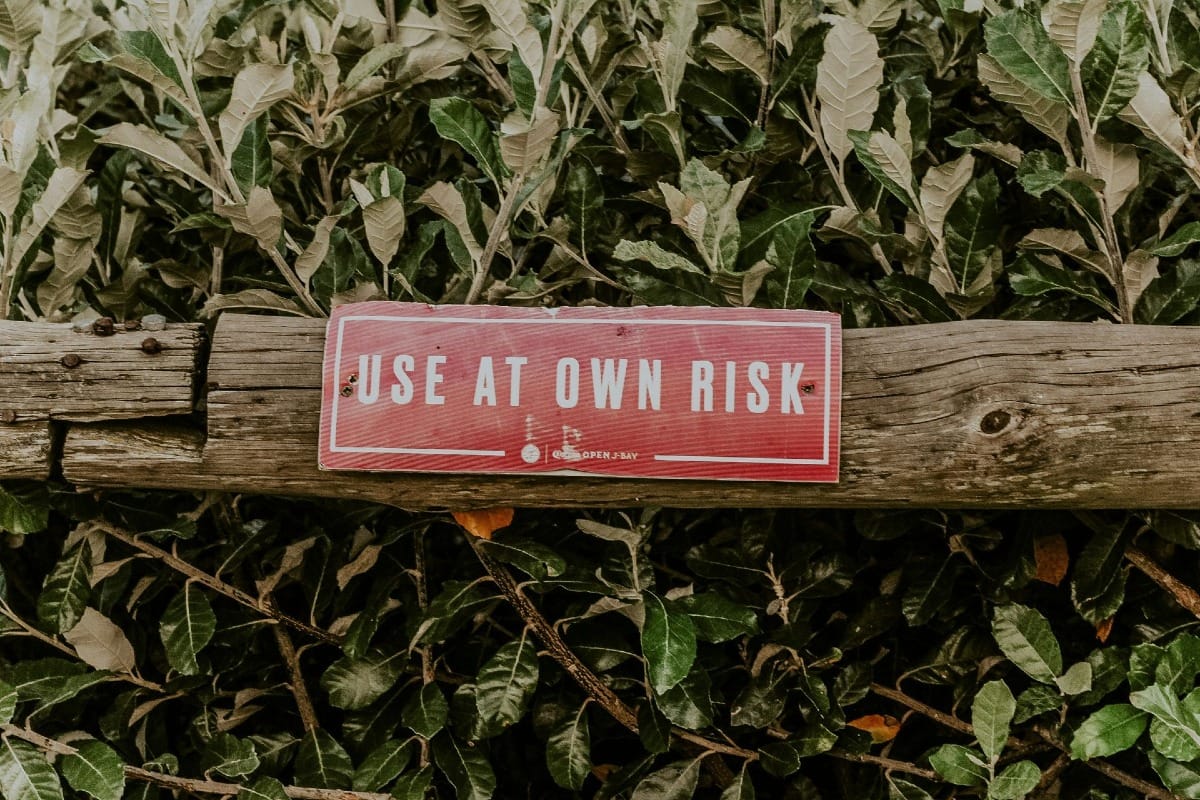In recent years, herbal supplements have gained immense popularity, with many people turning to these "natural" remedies for various health concerns. However, a new study reveals that some of the most popular herbal supplements may pose significant risks to liver health. This article explores the potential dangers associated with six commonly used herbal supplements and provides important information for consumers to make informed decisions about their health.
Key Takeaways:
- An estimated 15.6 million U.S. adults have taken at least one potentially liver-damaging herbal supplement in the last 30 days.
- Six popular herbal supplements linked to potential liver risks include ashwagandha, green tea extract, and turmeric.
- Herbal supplements are not strictly regulated by the FDA before going to market.
- Consumers should consult healthcare professionals before taking herbal supplements.
- A food-first approach may be safer than relying on herbal supplements.
In today's health-conscious world, many people are turning to herbal supplements as a "natural" way to boost their well-being. However, a recent study published in JAMA Network Open has shed light on a concerning trend: millions of Americans may be unknowingly putting their liver health at risk by consuming popular herbal supplements[5].
The Hidden Dangers of Herbal Supplements
Researchers at the University of Michigan have found that an estimated 15.6 million U.S. adults – about 5% of the population – have taken at least one herbal supplement in the past 30 days that could potentially damage their liver[5]. This finding has raised alarm bells among health professionals and consumers alike.
The Six Supplements Under Scrutiny
The study focused on six herbal supplements that have been implicated in liver damage:
- Ashwagandha
- Green tea extract
- Turmeric (curcumin)
- Kava kava
- Black cohosh
- Kratom
These supplements, while popular for their purported health benefits, have been associated with potential liver toxicity in previous research[5].
Understanding the Risks
Dr. Alisa Likhitsup, a clinical assistant professor at the University of Michigan, explains that the exact mechanisms by which these products cause liver damage are not yet fully understood. However, it's likely due to the metabolism that occurs in the liver after the products are consumed[5].
The Regulatory Gap
One of the key issues highlighted by this study is the lack of strict regulation for herbal supplements. Unlike prescription medications, herbal supplements do not require review or approval by the FDA before going to market[5]. This regulatory gap means that consumers may be exposed to products that haven't been thoroughly tested for safety and efficacy.
The Scale of the Problem
The study's findings are particularly concerning when put into perspective. The number of people taking potentially hepatotoxic (liver-damaging) herbal supplements is similar to the estimated number of people prescribed potentially hepatotoxic drugs, such as nonsteroidal anti-inflammatory drugs (NSAIDs)[5].
Real-World Consequences
Dr. Likhitsup, who practices as a hepatologist, has witnessed firsthand the devastating effects of liver injury caused by dietary supplements. Some cases have even been fatal, requiring emergency liver transplantation[5].
The Rise of Herbal Supplement Use
The popularity of herbal supplements has skyrocketed in recent years, partly due to social media platforms like TikTok, where users often promote these products[5]. This trend has led to a significant increase in the consumption of supplements like turmeric and green tea extract.
The Illusion of Safety
Many consumers believe that because herbal supplements are "natural," they must be safe. However, Dr. Rosario Ligresti, chief of Gastroenterology at Hackensack University Medical Center, warns that this is a dangerous misconception. Natural ingredients can be toxic in high doses or interact with medications[5].
Challenges in Research and Regulation
The lack of strict regulation in the supplement industry poses significant challenges for both researchers and consumers. Dr. Likhitsup points out that because available dietary supplement products are not strictly regulated, each product contains multiple ingredients, with more than 50% mislabeled[5]. This makes it difficult to conduct thorough research on the topic and provide accurate information to consumers.
Expert Recommendations
Health professionals are urging both patients and healthcare providers to be more aware of the potential risks associated with herbal supplements. Here are some key recommendations:
- Consult healthcare professionals: Before starting any herbal supplement regimen, it's crucial to consult with your doctor, pharmacist, or a registered dietitian nutritionist[5].
- Be skeptical of marketing claims: Remember that supplement companies are not required to prove the safety and effectiveness of their products before they are sold[5].
- Consider a food-first approach: Monique Richard, a registered dietitian nutritionist, suggests incorporating active ingredients like turmeric or green tea in their culinary form rather than as supplements, depending on individual needs and goals[5].
- Stay informed: Keep up-to-date with the latest research and recommendations regarding herbal supplements.
The Importance of Liver Health
The liver plays a crucial role in detoxifying harmful substances in our bodies. When herbal supplements interfere with this process, it can lead to a buildup of toxins, causing inflammation, cell death, and in severe cases, liver failure[5].
Moving Forward
As research in this area continues to evolve, it's clear that more stringent regulation and consumer education are needed. The study's authors hope their findings will increase awareness among both patients and healthcare providers about the potential risks associated with these popular herbal supplements[5].
Conclusion
While herbal supplements may offer potential health benefits, it's crucial to approach them with caution and informed decision-making. The recent study highlighting the potential liver risks associated with popular herbal supplements serves as a wake-up call for consumers and healthcare providers alike.
Remember, "natural" doesn't always mean safe. Before incorporating any new supplement into your routine, consult with healthcare professionals, do thorough research, and consider safer alternatives like a food-first approach. Your liver – and overall health – will thank you for it.
Citations:
[1] https://www.ncbi.nlm.nih.gov/books/NBK548441/














Member discussion